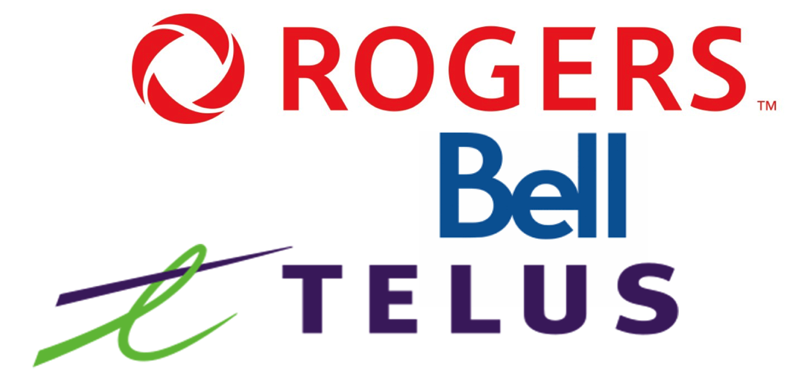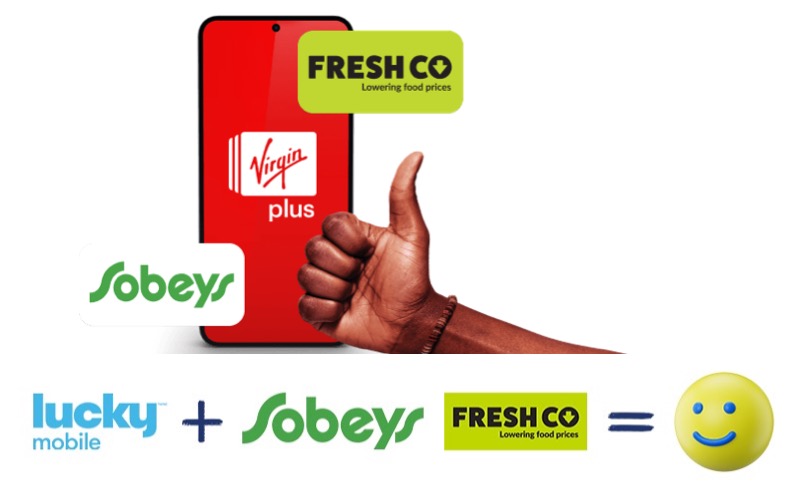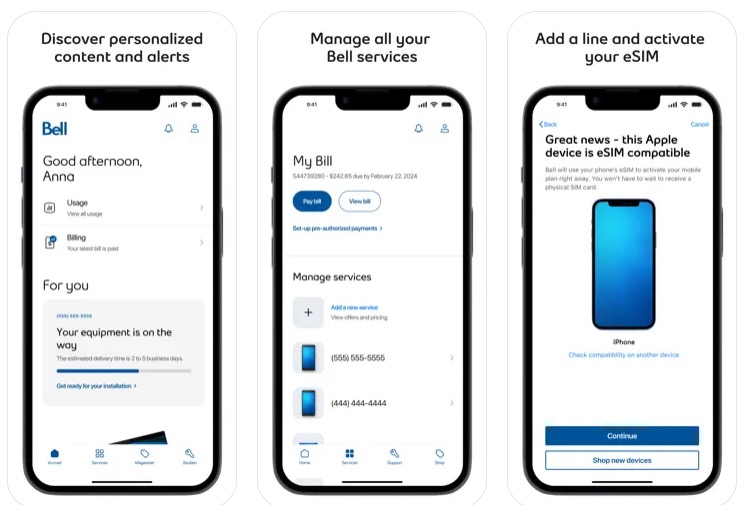
TTC Cell Coverage Urged from Rogers, Telus, and Bell After Fatal Stabbing

Torontonians and city officials are once again asking Rogers, Bell, and Telus to provide underground cellular service on the Toronto Transit Commission (TTC) subway system following a recent lethal stabbing at Keele station — reports The Toronto Star.
On Saturday, March 25, 16-year-old Gabriel Magalhaes was stabbed to death at Keele station, allegedly by a 22-year-old man with a criminal history in Ontario and Newfoundland. Magalhaes is the fourth person to be killed on the TTC since last April.
In the wake of the incident and the recent uptick in violence on the TTC, subway riders are expressing concern for their safety and demanding that Canadian telecom operators commit to providing a critical public safety measure — subway cell service.
“I can’t go on transit every day fearing for my life,” said 17-year-old Naomi Musa in an interview. “I don’t say that as an understatement. I genuinely fear for my life.”
Musa lives on the west side of Toronto and relies on public transit to get to school and make her way around the city. “It would really make me feel better,” she said about cell service on the TTC.
Having underground wireless service on the TTC is about more than just being able to scroll through social media or play a game to kill time on your subway ride — passengers would be able to keep their friends and family apprised of their location, be reachable even when riding the subway, and, if needed, call for help in case of an emergency.
Unfortunately, Shaw Communications-owned Freedom Mobile is the only operator that provides cell service on the TTC right now, despite the required wireless infrastructure being in place for almost a decade. Rogers, Bell, and Telus customers get no cell service on the line.
In 2012, BAI Communications won a 20-year, $25 million exclusive contract to build out network infrastructure on the TTC. Today, the infrastructure required for talk, text, and data coverage is in place across all 75 subway stations and portions of the tunnel, but service remains widely unavailable because none of the Big Three have agreed to BAI’s licensing terms and signed on to provide coverage along the TTC.
The issue, it appears, is that Canada’s largest operators aren’t savvy on the idea of leasing someone else’s service infrastructure. Bell previously said that it would prefer to build its own 5G network in the subway, but BAI’s contract prevents Bell and others from deploying their own infrastructure on the TTC.
“Frankly it’s appalling, they should be embarrassed and they should be shamed into providing this service,” said Coun. Chris Moise, who sits on the TTC board.
“We want to start building trust in the system, too. Ridership is down. People are scared to get back on public transit.”
Deputy mayor Jennifer McKelvie said in a statement that cell service on the TTC is a matter of safety, adding that TTC officials have been told that “this needs to happen as soon as possible.”
“The TTC welcomes all major telcoms to sign onto our infrastructure,” said a spokesperson for the transit authority on Tuesday.
Earlier this month, the TTC launched SMS Text a Tip, a new system for riders to “report immediate safety concerns” by sending a text to 647-496-1940. However, doing so would require riders to have cell service in the first place. Passengers can also report safety concerns through the SafeTTC app and a SafeTTC web form available on TTC.ca, but both of those options require internet access.
Shame on you @Bell @rogers and @telus. This is an easily fixable problem, and yet your own profits are more important than the safety of people in Canada.
— OpenMedia (@OpenMediaOrg) March 29, 2023

